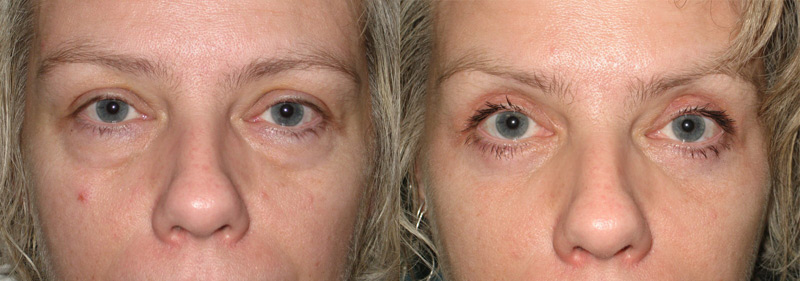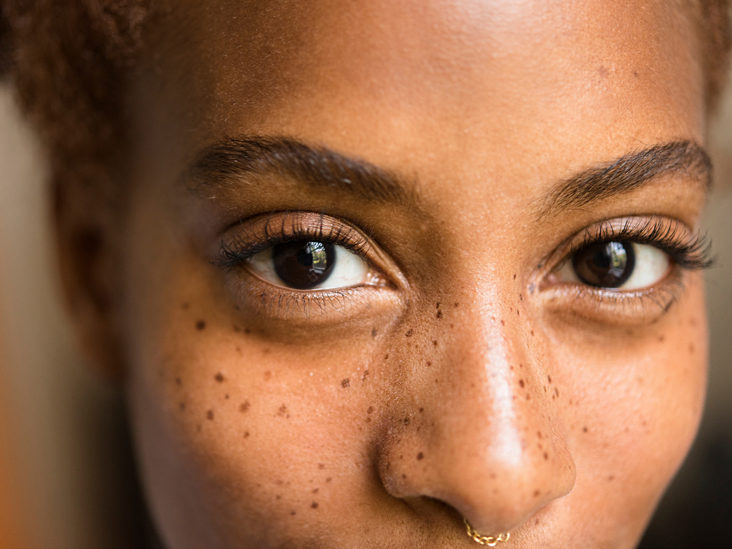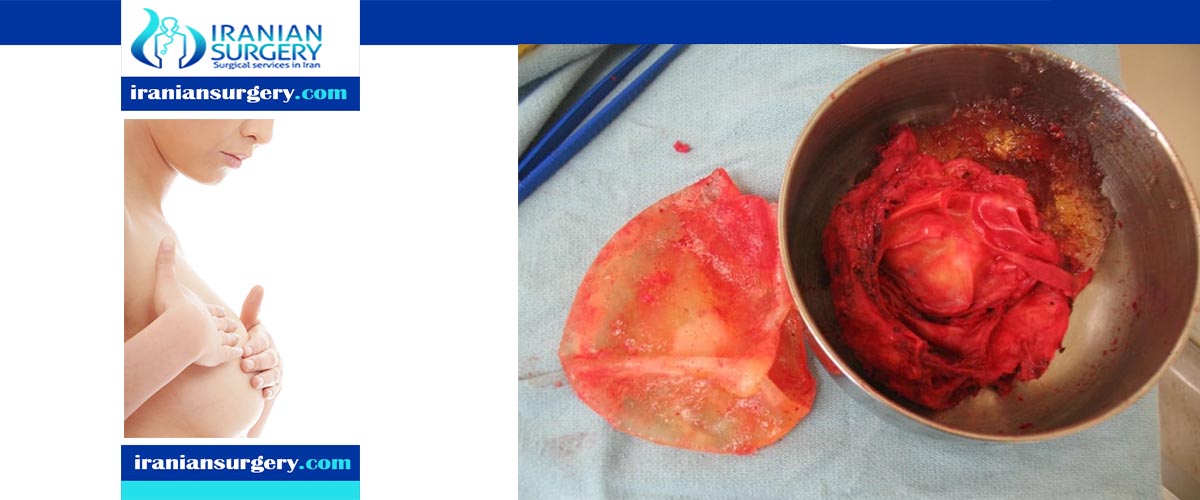
There are many options available when it comes buying beauty and health products. Whether you're looking to save money or make a major purchase, online sellers offer both options. Some sellers sell health and beauty products exclusively online, while others are exclusively available in their local stores. You need to be aware of these key factors in either case.
Positioning brands in beauty and health products
You will want to build your brand around a unique selling point (USP) when you start a company that makes health and beauty products. The USP is what differentiates your product from the competition. It can be anything from the quality of its ingredients to its transparency in the supply chain. RX Bar, for example, has a "NO BS” energy bar that only uses real food ingredients. This approach may lead to increased sales, but it also results in less brand love.
Understanding your target consumer and their pain points is essential when creating a brand. Knowing your target consumers will allow you to create the brand positioning statement that is most relevant for your product. Once you've identified your brand positioning statement it is possible to begin creating your playbook.

Authenticity of brands
In the health and beauty sector, authenticity is more important than ever as consumers want products that are authentic and fulfill their values. Consumers will spend more money on high-end products. Brands need to show that they are worth it by providing benefits that align with their values. Brands need to do more than simply create buzz with their social media accounts and offer products that are viral. It is important for brands to show that their products have a positive impact on lives beyond the beauty industry.
The modern beauty consumer is demanding transparency from brands, products and services. Luxury brands must be authentic to attract and retain this growing market. They must have a deeper understanding of their customers, and use new technologies and online media to provide personalised experiences on a large scale.
Shipping restrictions
There are several things you should keep in mind when shipping beauty and health products. Air freight is prohibited for certain perfumes or topical products due to their potentially hazardous nature. Other items, such as foundation, are too fragile and expensive to ship by air. They could also be damaged if not packed properly for international shipping. If they aren't stored correctly, some cosmetics could even go bad. This is why many beauty and healthcare products are subject to stringent regulations.
Fortunately, some products can meet the shipping requirements without incurring these restrictions. However, manufacturers who make beauty or health products need to comply with the European Union Cosmetic Regulation. These files contain information about the ingredients, such as safety information and ingredient lists. Cosmetics, for example, cannot be shipped into the EU if they contain substances which are prohibited or classified as dangerous.

Competitive landscape
The beauty and health industry is increasingly competitive. The competition in the beauty and health industry is becoming increasingly intense. Health practitioners must be clear and persuasive to reach their target audience. Practitioners must also respond to news about upcoming trends in health to keep up with their competition. They should also compare the most recent health trends with their traditional methods to do this.
The report offers insight into key market drivers and challenges. It also provides insights into the competitive landscape in the health and beauty market, including the intensity of competition across different geographies.